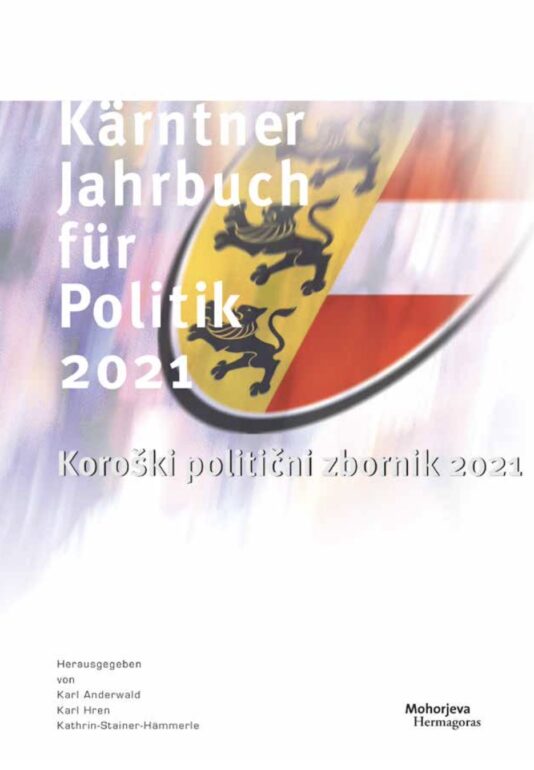This article studies grief and bereavement as cultural techniques.
Grief and bereavement are cultural techniques and underlie variants from success to failure. Although stress already appears in normal grief, in complicated grief psychological overlays arise. In order to therapeutically harness these processes, phase models that require the patient to work through the grief have been proposed. After an evaluation of common phase models, two additions are proposed that result in a new model of grief work. In contrast to the phase models, which concern Freud’s retrograde clarification of ambivalent relationships, schema loss is seen as the inescapable starting point of grief. With the loss of a loved one, an existentially important schema that comprised the ideas and plans made with the deceased person is lost, and must be replaced with a new functioning one. Life without the diseased is inconceivable. Grief work should therefore not only consider the past with but also the future without an apparently irreplaceable deceased. In this process, the symbolic presence of the deceased should play a crucial role.




